All Stories
-
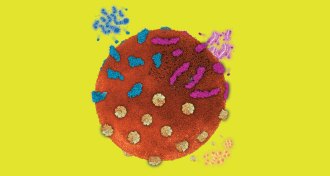 Health & Medicine
Health & MedicineNanosponges sop up toxins and help repair tissues
Nanoparticles coated with blood cell membranes can move through the body to clean up toxins or heal tissues — without instigating an immune reaction.
-
 Science & Society
Science & SocietyHow newsy science becomes Science News
Editor in Chief Nancy Shute discusses how a news story makes it into Science News magazine.
By Nancy Shute -
 Astronomy
AstronomyReaders have questions about Ultima Thule, thirsty plants and vitamin D
Readers had comments and questions about Ultima Thule, photosynthesis and more.
-
 Health & Medicine
Health & MedicineFDA has approved the first ketamine-based antidepressant
A nasal spray with a ketamine-based drug promises faster relief from depression for some people.
-
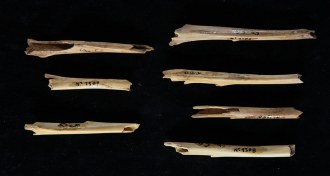 Anthropology
AnthropologyHominids may have hunted rabbits as far back as 400,000 years ago
Stone Age groups in Europe put small game on the menu surprisingly early.
By Bruce Bower -
 Oceans
OceansTiny bits of iron may explain why some icebergs are green
Scientists originally thought the green hue of some icebergs came from carbon particles. Instead, iron oxides may color the ice.
By Jeremy Rehm -
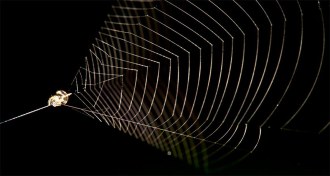 Life
LifeThis spider slingshots itself at extreme speeds to catch prey
By winding up its web like a slingshot, the slingshot spider achieves an acceleration rate far faster than a cheetah’s.
-
 Astronomy
AstronomyThe first planet Kepler spotted has finally been confirmed 10 years later
Astronomers had dismissed the first exoplanet candidate spotted by the Kepler space telescope as a false alarm.
-
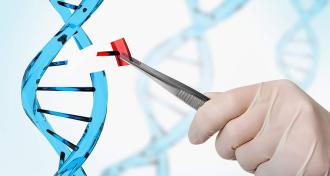 Genetics
GeneticsA CRISPR spin-off causes unintended typos in DNA
One type of CRISPR gene editor makes frequent and widespread mistakes, studies in mice and rice reveal.
-
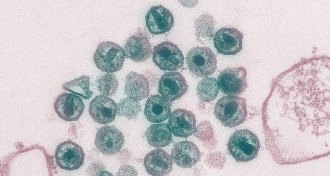 Health & Medicine
Health & MedicineA second HIV patient has gone into remission after a stem cell transplant
A second person with HIV has gone into remission after receiving blood stem cells from a donor unable to make a protein needed by the virus.
-
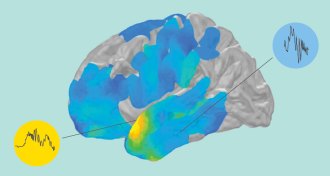 Health & Medicine
Health & MedicineRipples race in the brain as memories are recalled
A fast brain wave called a ripple often came before a person’s correct answer on a memory test.
-
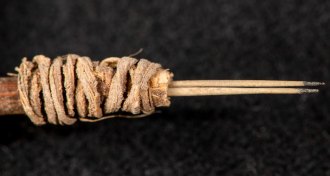 Archaeology
ArchaeologyA 2,000-year-old tattoo tool is the oldest in western North America
The artifact is made of two pigment-stained cactus spines, and has been sitting in storage since its discovery in 1972.
By Bruce Bower